Last month, I lost one of my friends from work. We had worked together on the same Tuesday night shift for well over a decade, and in that time we became more than just two people on the crew. In a career like ours, you grow accustomed to seeing loss—line-of-duty tragedies, sudden retirements, familiar faces leaving one by one. But this loss hit me harder than usual. He wasn’t just a trusted colleague I saw every week; he was my friend. We had each other’s backs through it all, from the routine calls to the nights when everything went wrong and only our teamwork pulled us through.
I keep thinking about those Tuesday nights we shared. Week after week, year after year, we forged a quiet bond under fluorescent station lights and the whine of dispatch tones. We’d swap stories over stale coffee during the late hours, grumble about paperwork, and double-check each other’s gear before rolling out on a call. Over time, the lines between work family and actual family blurred. He’d become someone I could joke with, confide in, and rely upon without hesitation. Outside of the station, our lives intertwined in little ways that meant a lot: he had met Angie, shaking her hand with that warm grin and red vest of his, and he’d knelt down to give my dog Penfold a good ear scratch when they first met. I knew his children, too; I remember the day I let his son ride along with me during an EMS shift, the boy wide-eyed and curious to see what his dad and I did on those long nights. These are memories I cling to now. He was more than “one of my guys”—he was a friend I was proud to count as part of my life.
I was his immediate supervisor, his Lieutenant, but our friendship never felt bound by rank. Still, I’d be lying if I said I never worried about how the brass on my collar affected our relationship. In the fire service, there’s a culture—sometimes spoken, often just understood—of bristling at authority. We’re a tribe of strong-willed individuals, and it’s almost tradition to gripe about your superiors. I remember being that lower-ranking EMT Firefighter, sitting around the rig after a tough call, venting with the others about whatever captain or chief was making our lives harder that week. I swore I’d never forget what it was like in the trenches, yet as I climbed the ranks myself, I carried an uneasy awareness that the dynamic had shifted. Suddenly I was “the brass.” I wore the gold badge and carried the responsibility that comes with it, and with that came a nagging doubt: Would I be on the other side of that resentment now?
As a young officer (and a relatively young woman in a mostly older, male squad at that), I often felt I had something to prove. Many of the Firefighters I oversaw were decades my senior, with deeper voices and longer résumés. I respected them immensely, but I couldn’t shake the fear that they only saw the rank, not me. I imagined the grumbles I used to partake in continuing behind my back now—that I was out of touch, or that I hadn’t earned my place. I tried not to let it show, but I kept a bit of distance, maintaining a professional calm. I thought it was the price of leadership. You can be friendly, but you can’t be friends, or so I told myself. In quiet moments, I resigned myself to being quietly despised—tolerated, at best—simply because of the title before my name. It was a lonely feeling to carry into every shift, even as I laughed along with the crew. I believed that those below me, many of them far older and more experienced, secretly hated having to answer to someone like me.
I couldn’t have been more wrong. I found out far too late that the exact opposite was true: these people respected me. Some even adored me, in the way you do a mentor or a big sister looking out for you. It’s jarring to realize how skewed one’s perspective can become. For years I had been so convinced of my outsider status that I failed to recognize the warmth and regard right in front of me. Only after I left that job—after I hung up my helmet and moved on—did the proof start to trickle in. And it came from the most unassuming of places.
A few days ago, I heard from a mutual friend still at the department. In the course of our conversation, he mentioned something that stopped me cold: Even my own uniform hangs there, sealed away in plastic—like I’d been archived along with it. It’s exactly as I left it on my last day, preserved like some kind of exhibit behind glass. I sat with that revelation for a long time, picturing it in my mind’s eye. That navy-blue uniform, with its neat creases and lieutenant’s insignia, suspended in time behind a plastic sheath, untouched. Waiting. As if I might walk back in any moment, peel off the plastic, and put it on to answer another call. As if, in their hearts, I never truly left.
It saddens me beyond words that I’ve lived a life feeling like I never truly belonged anywhere—and yet when I finally did belong, I failed to see it until it was too late. Perhaps it’s because being an outsider was a lesson I learned early and well. Ever since youth I’ve been drifting, never expecting a community to open its arms to me. I was the stranger, the girl who never quite fit: cast out of my childhood home as a teenager, a queer woman carving out a path in a world that wasn’t always kind to those who are different. And I was different in every way. Those experiences taught me to keep my guard up, to brace for rejection even in places that felt welcoming on the surface. So when I stepped into the firehouse years ago, I carried that armor of unbelonging with me. I did my job and did it well, but a part of me always stood a half-step back, convinced the camaraderie only went so deep. I see now how unfair that was—to me, and to them. The station had, in its own rough-and-tumble way, become a family to me. I had a family there, and I was the last one to know.
Grief has a way of peeling back the layers of illusion. In mourning my friend, I find myself mourning a bit of my own blindness as well. I wonder if he knew—if any of them knew—how much I truly cared for them beneath my disciplined exterior. Did I ever properly thank him for every time he was right by my side as we ran into burning buildings or joked with me in the ambulance bay to keep our spirits up? Did I let him know that I trusted him with my life on those calls, that I slept easier on shift nights because I knew he was there watching my back? I hope he knew. I hope all of them knew that despite my quiet fears and self-doubt, I valued them more than I could express. They weren’t just “my crew”—they were my brothers and sisters, my dear friends. If I kept a professional mask on, it was only because I thought I had to. In hindsight, I wish I had been brave enough to set it aside more often.
His death has left an emptiness in the station and in my heart. But in that emptiness, I also see reflections of what he and others left me. I’ve learned that sometimes we belong without realizing it; sometimes we are loved even when we can’t convince ourselves that we’re worthy of it. It’s a bitter lesson, knowing I missed the chance to feel that belonging in the moment. Yet it’s also a precious gift, even discovered late, because now I know the truth: I was never as alone as I thought.
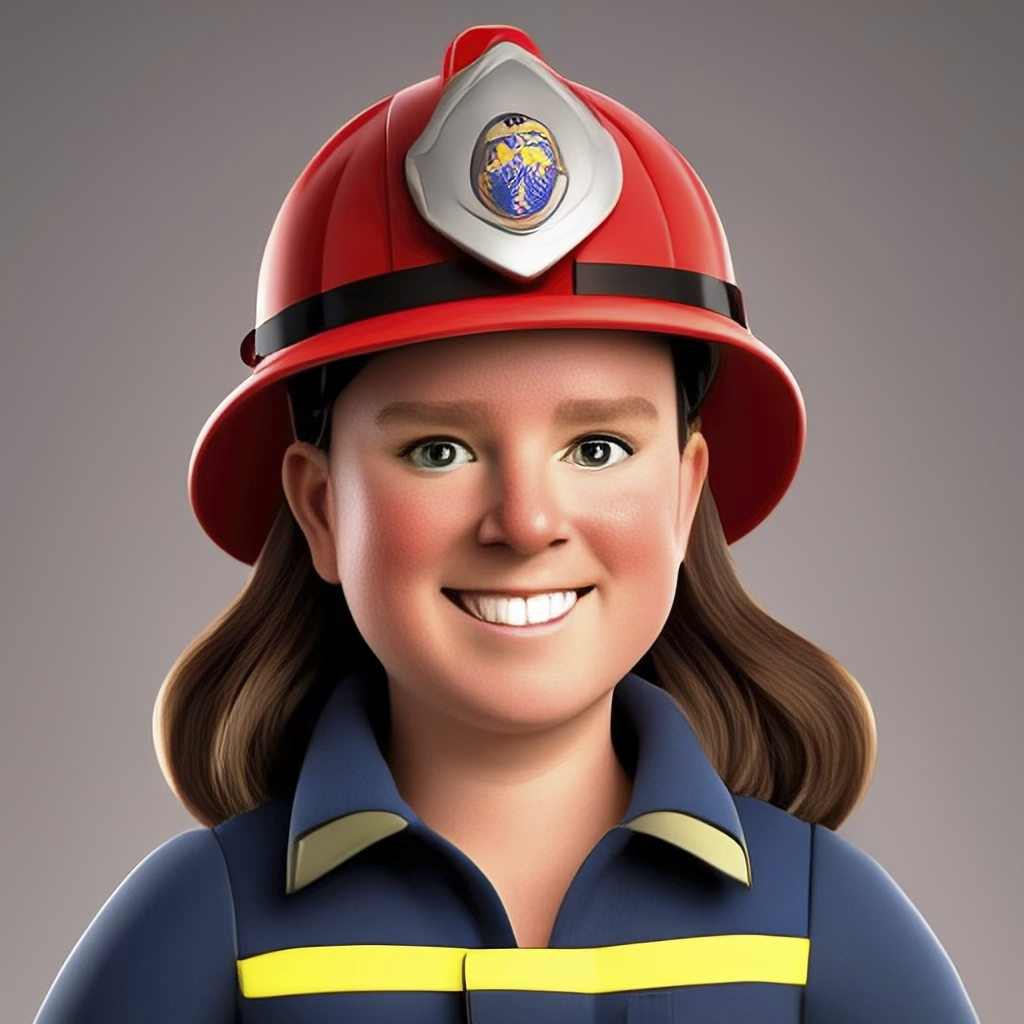
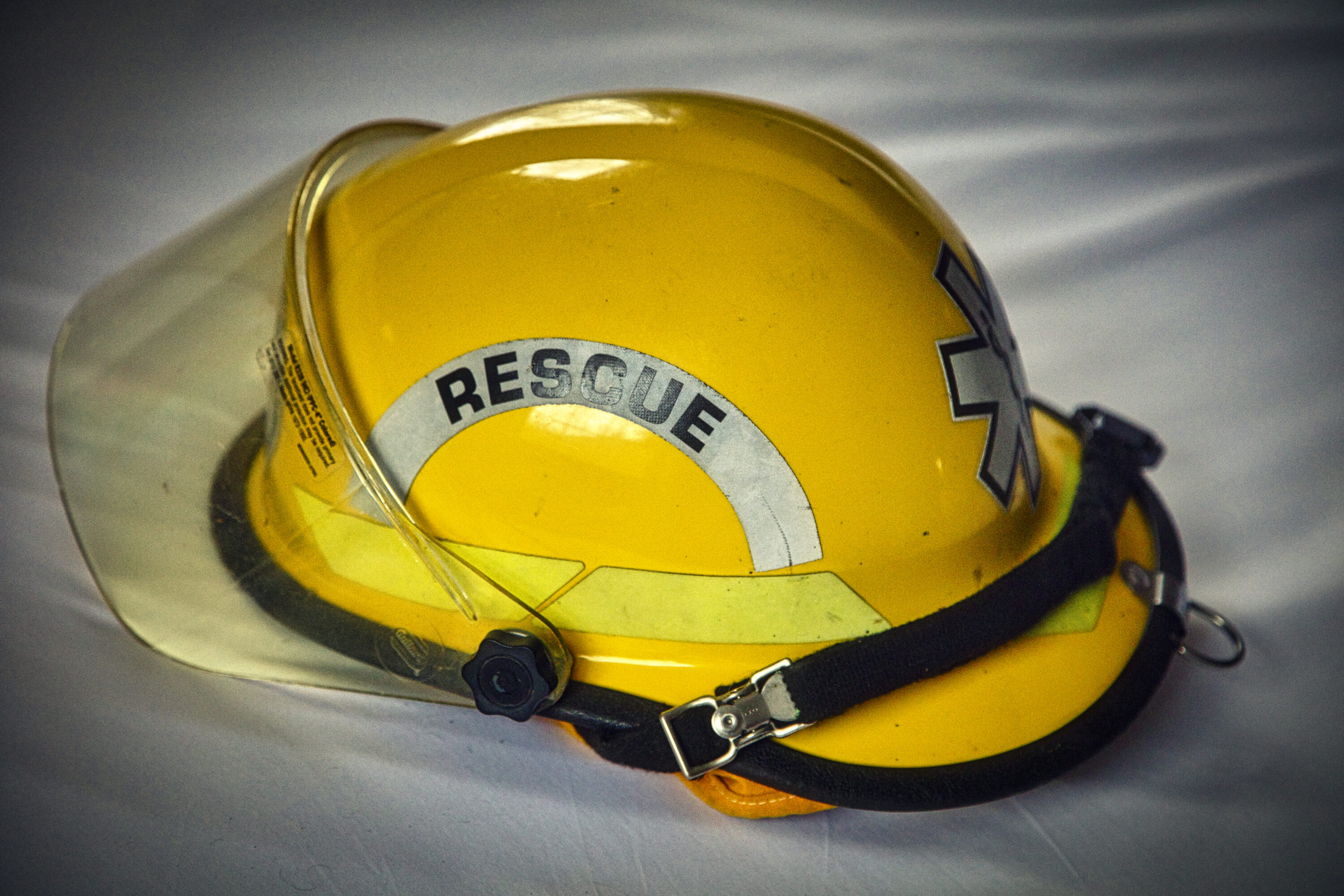
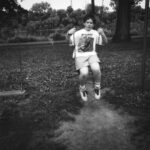


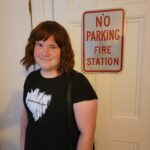



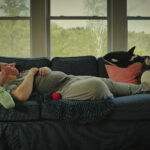
Leave a Reply